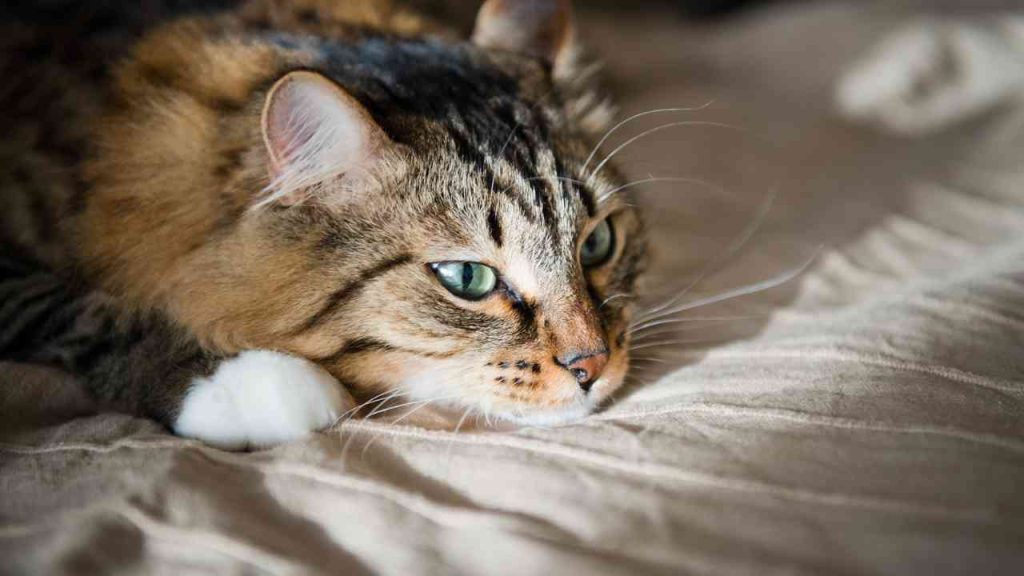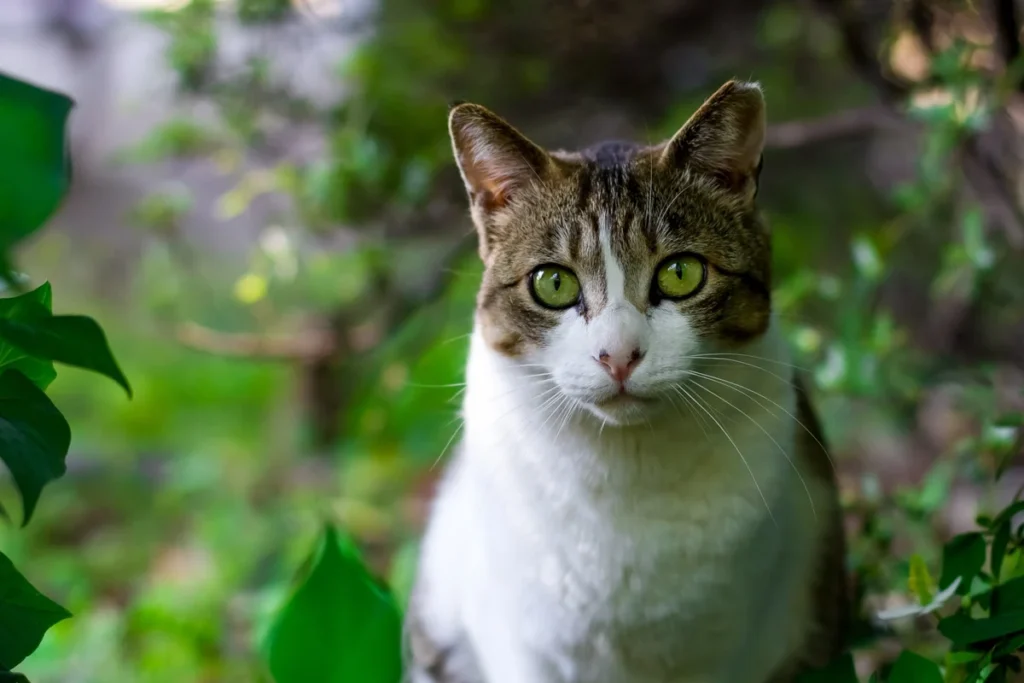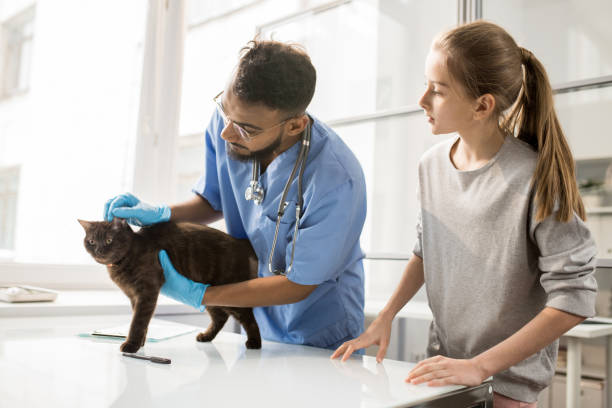There are various reasons why a cat may not be eating, ranging from simple preferences to serious medical conditions. Medical issues can include kidney disease, pancreatitis, dental problems, gastrointestinal issues, infections, and other illnesses. Environmental and behavioral factors can also play a role, such as stress or anxiety, food aversion, medication side effects, and changes in routine or environment.
If your cat hasn’t eaten for more than 24 hours, it’s essential to seek veterinary advice promptly. Your vet can help determine the underlying cause of your cat’s loss of appetite and develop a plan to get them back on track with their diet.

Some possible causes of a cat’s loss of appetite include:
- Medical Issues:
Kidney disease, pancreatitis, dental problems, gastrointestinal issues, infections, and other illnesses can cause a loss of appetite in cats.
- Environmental and Behavioral Factors:
Stress or anxiety, food aversion, medication side effects, and changes in routine or environment can also affect a cat’s appetite.
If you’re concerned about your cat’s loss of appetite, there are several things you can try to encourage them to eat. These include:
- Warming up their food:
Cats often prefer their food at room temperature, so warming it up can make it more appealing.
- Offering different types of food:
Cats can get bored with the same old food, so trying different types or flavors can help stimulate their appetite.
- Creating a quiet and stress-free environment:
Cats can be sensitive to stress and anxiety, so creating a quiet and peaceful environment can help them feel more comfortable and encourage them to eat.
However, if your cat’s loss of appetite persists, it’s crucial to seek veterinary care to rule out any underlying health issues. Your vet can perform a physical examination, take a complete medical history, and run diagnostic tests to determine the cause of your cat’s loss of appetite.
In some cases, a cat’s loss of appetite can be a sign of a serious health issue, such as kidney disease or cancer. If your cat is diagnosed with a medical condition, your vet can work with you to develop a treatment plan to help manage their symptoms and improve their appetite.
In addition to seeking veterinary care, there are several things you can do to help support your cat’s health and encourage them to eat. These include:
- Monitoring their food intake:
Keeping track of how much your cat is eating can help you identify any changes in their appetite.
- Providing a nutritious diet:
Feeding your cat a high-quality, nutrient-rich diet can help support their overall health and well-being.
- Creating a comfortable and stress-free environment:
Providing a quiet, comfortable, and stress-free environment can help your cat feel more relaxed and encourage them to eat.
By working with your vet and making a few simple changes to your cat’s diet and environment, you can help support their overall health and encourage them to eat.

How Long Can a Cat Go Without Eating?
Cats are able to survive for longer periods without food than without water. However, it’s essential to seek veterinary care if your cat hasn’t eaten for more than 24 hours. The longer your cat goes without eating, the weaker they will become, and the more likely they are to develop health complications.
What to Do When Your Cat Won’t Eat:
If your cat is refusing to eat, there are several things you can try to encourage them to eat. These include:
- Warming up their food: Cats often prefer their food at room temperature, so warming it up can make it more appealing.
- Offering different types of food:
Cats can get bored with the same old food, so trying different types or flavors can help stimulate their appetite.
- Creating a quiet and stress-free environment:
Cats can be sensitive to stress and anxiety, so creating a quiet and peaceful environment can help them feel more comfortable and encourage them to eat.
If your cat’s loss of appetite persists, it’s crucial to seek veterinary care to rule out any underlying health issues. Your vet can work with you to develop a plan to get your cat back on track with their diet and support their overall health and well-being.
Importance of Veterinary Care:
If your cat is experiencing a loss of appetite, it’s essential to seek veterinary care promptly. Your vet can perform a physical examination, take a complete medical history, and run diagnostic tests to determine the cause of your cat’s loss of appetite.

By working with your vet, you can help identify any underlying health issues and develop a plan to support your cat’s overall health and well-being. With prompt veterinary care and a few simple changes to your cat’s diet and environment, you can help encourage your cat to eat and support their overall health.
By following these tips and working closely with your veterinarian, you can help your cat regain their appetite and maintain optimal health and happiness.

1 thought on “Do You Know Why Is My Cat Not Eating ?”